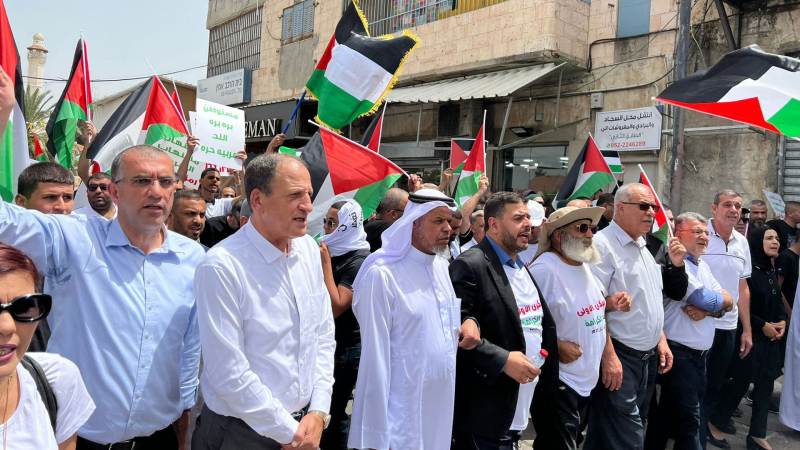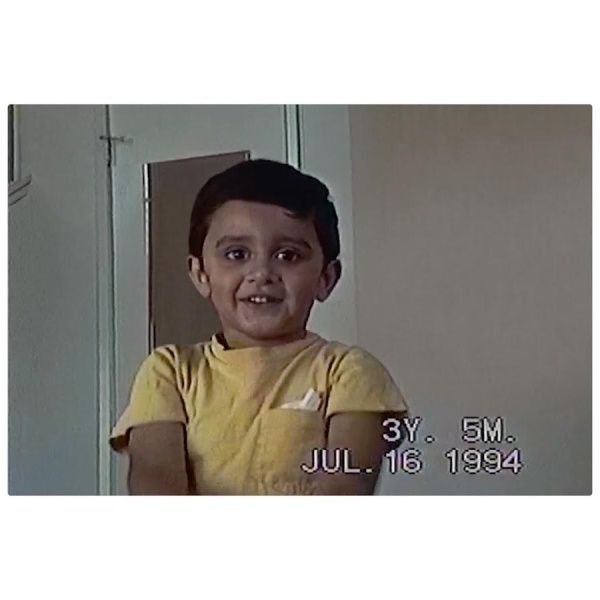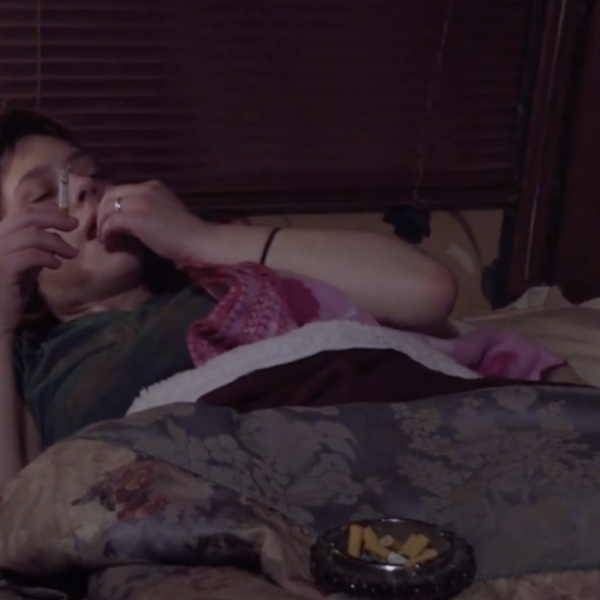“Mourning in Lod,” made by the Israeli director Hilla Medalia, was originally conceived as a documentary short about a murdered Israeli man whose kidney was donated to a Palestinian woman in East Jerusalem who would have died without the organ transplant. That feel-good story of grace and humanity amid the violence of the 2021 Israel-Palestine crisis is still on the surface of the potent, if scattershot, 71-minute feature that Medalia cut together in the end, but it’s almost completely overshadowed by the parallel — and far more ambivalent — story it tells about the value of personal charity in the face of systemic oppression.
The murdered Israeli was named Yigal Yehoshua, and by all accounts he was a kind and decent man who didn’t share his country’s genocidal animus towards his Palestinian neighbors. While driving through the “mixed” city of Lod one evening, Yehoshua was struck in the head by a massive rock that crashed through the window of his car. Yehoshua somehow managed to steer the vehicle another 500 yards to the parking lot outside his house before losing consciousness for the last time, as if his body couldn’t rest until it returned itself to his family (Medalia’s film includes heartbreaking security camera footage of Yehoshua’s car rolling to a stop).
The rock that killed Yehoshua was thrown by a still-unidentified Palestinian, who had taken to the streets to protest and rage against a murder that had taken place the previous day, when an unarmed Palestinian man named Musa Hassuna — a barrel-chested father with a kind smile and a light heart — was shot in the chest by a flag-waving Israeli settler whose mob was vandalizing a Palestinian neighborhood. Hassuna was supposed to take his wife and two young daughters on a family vacation to Dubai the next day. In life, Yehoshua and Hassuna frequently crossed paths, as Yehoshua — an electrician — often shopped at the Hassuna’s appliance store. In death, they were bound together for all time, their families left to grapple with the senselessness of their loss as the world around them grew more hostile, and the local tensions in Lod were used to kindle a long-burning fire that would soon erupt into yet another war.
Concise and knowingly, regrettably unresolved, “Mourning in Lod” does what it can to weave a single episode of hope and civility into a tortured history of sectarian violence, and Medalia makes a commendable effort to root the feel-good story she first intended to shoot in the awful context of the political and humanitarian crises that surround it. Her film is not, as some might fear, a flattering portrait of an Israeli man’s posthumous gift to his Palestinian neighbor — the kind of propaganda that Zionists might use as proof of Israeli’s generosity in the face of an ongoing genocide.

Yehoshua’s memory is a blessing, and the centerpiece of this documentary is a touching sequence in which his loved ones welcome a very hesitant Randa Aweis — the recipient of his kidneys — to Yehoshua’s 30-day memorial service, where these two families from opposite sides of the world’s most fractious divide turn out to have more in common than they might have assumed. But Randa is soon reduced to the level of an afterthought, as there isn’t a whole lot more to the story of a grateful, middle-aged woman who lucked into a new organ and found a new zeal for life in the wake of her transplant.
Medalia instead turns her attention to the likes of Yigal’s brother, who insists that the men who murdered his sibling are less than human, and studies the surveillance footage of their attack as if looking for new veins of anger that he might be able to mine. Her camera lingers on a scene just long enough to hear Yehoshua’s killing be referred to as a “lynching” on Israeli talk radio, a loaded word choice that indicates how the crime was framed for the Hebrew-speaking half of the city’s population.
Most telling of all, Medalia devotes the unfocused final section of her film to the immediate aftermath of the two killings, triple-underlining the fact that Hassuna’s killer was acquitted on all charges after pleading that he acted in self-defense, while all seven of the men who were arrested on suspicion of killing Yehoshua are still in jail awaiting trial, where they’re joined by hundreds of other Palestinians who’ve been imprisoned without cause. Touching as it is to see Yehoshua’s son tend to the garden that his father loved so much and left behind, it’s even more so to watch Hassuna’s grieving father find the grace to meet with Yigal’s brother and passionately insist that they must be ambassadors of peace in a self-divided country that has always struggled to resolve the war within its own borders, even as it ruthlessly seeks to expand them.
Yigal’s brother, still full of rage at the faceless Palestinian men who may have killed his brother, is nevertheless moved by this appeal, though the brevity of Medalia’s film prevents it from exploring how those conflicting emotions co-exist within him, just as the documentary’s production timeline prevents it from touching upon how the events of October 7, 2023 may have further complicated his feelings (Yehoshua’s widow seems more hesitant to move forward in peace, as she struggles to digest the fact that security camera footage of her husband’s death was deleted in the aftermath of the incident, which she regards as an admission of deliberate intent).
The horror of that day — and the unfathomable evil of the Israeli response that followed — cast a long shadow over “Mourning in Lod,” which now feels more like a prelude of things to come, and perhaps more valuable as a portrait of a powder keg than it is as a plea for peace.
More than anything, however, this compellingly sketched slice of life offers rare and abiding insight as to how interwoven the Israeli and Palestine communities are in Lod and the other “mixed” cities around the country, how unequally justice is shared between them, and why such imbalanced conditions for survival will always make the world less safe for people on both sides of such bifurcated societies. Until that balance is restored and all people are made free in their own land, the only feel-good stories we can expect to tell will be rooted in the death that surrounds them on all sides, and the happiest endings we can expect from documentaries about them will be those that watch Palestinians putting flowers on Israeli graves or vice-versa.
Grade: B-
“Mourning in Lod” is now playing in theaters. It will be available to stream on Paramount+ starting Friday, May 17.





